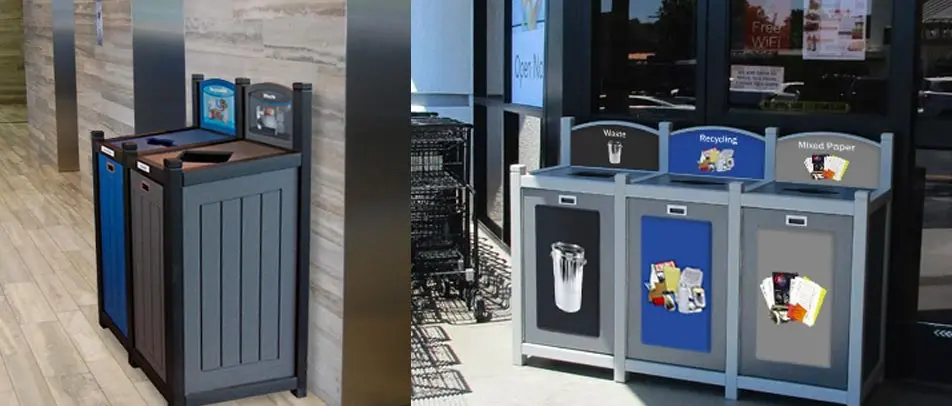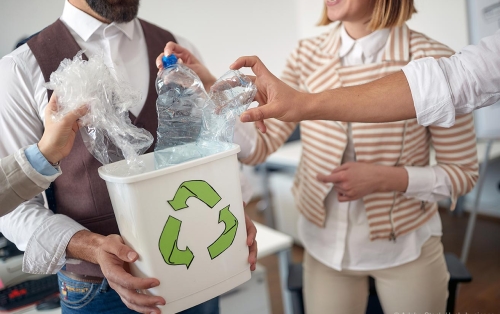
Are Reusable Straws Becoming More Popular as Single-Use Plastics Are Banned?
If you've been paying attention to the news at all, you've likely heard about how more and more restaurants are either cutting back (or entirely banning) single-use plastic straws. While some have hailed this as a great step in the right direction to cut out tons of plastic that would make its way into landfills and the ocean, others have pushed back against the initiative because it hurts people who need the use of straws (children, older people, those with disabilities, etc.
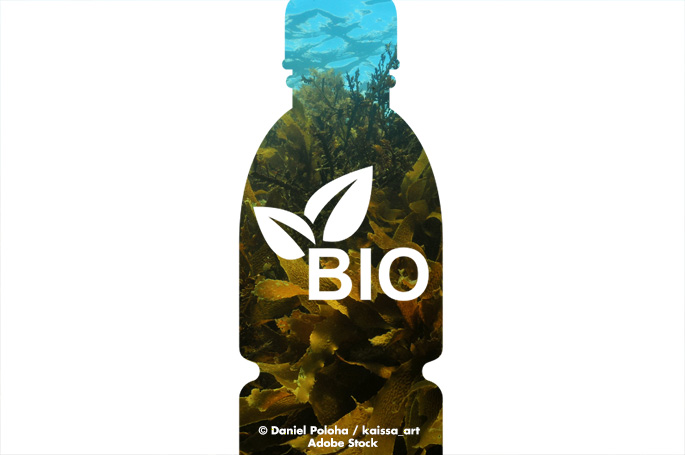
Making Bioplastic With Seaweed
Researchers are attacking the problem of plastic pollution by cheaply developing biodegradable plastics. Regular plastic is derived from oil and tends to have a life that lasts for thousands of years, hence the islands of plastic waste that have been found floating in the oceans and littering the world's beaches.
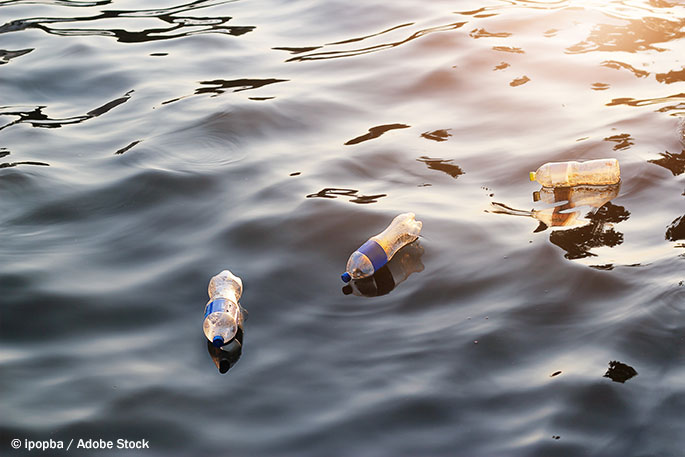
Plastic Pollution and the WasteShark
According to a recent story in the UK Independent, a joint effort by the World Wildlife Fund and Sky Ocean Rescue has taken an example from nature to combat plastic pollution in Ilfracombe Harbor in north Devon in Great Britain. The researchers have deployed an autonomous robot called the WasteShark, the design of which is based on the whale shark.
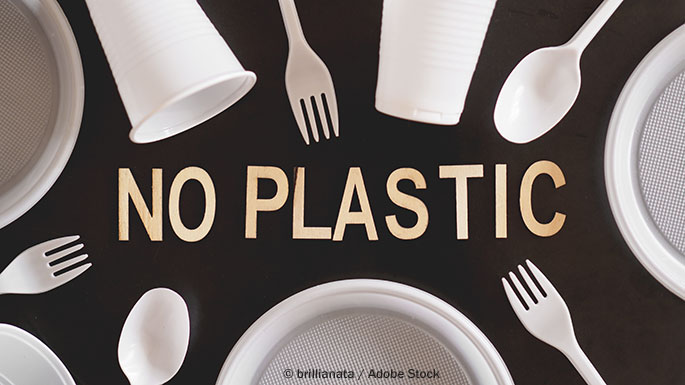
How To Break Up With Plastic
All over the world, humanity has been in a long term relationship with plastic. Since the first fully synthetic plastic was created in 1907, our dependency on the cheap, lightweight material has increased exponentially.
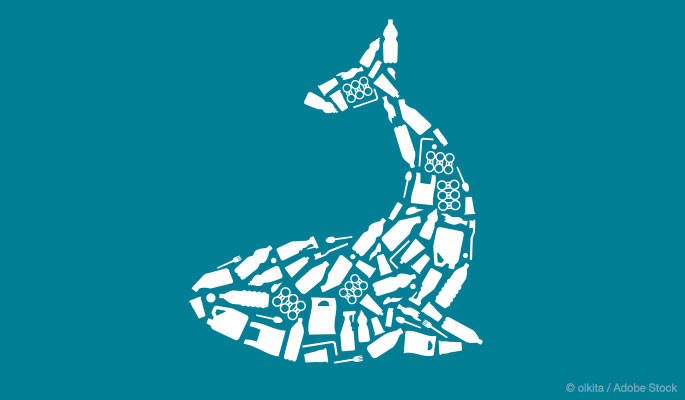
The Challenge Of Banning Single Use Plastic
Walk down any street on any given day, and you will find at least one or more of the most common single-use plastics carelessly thrown about. Once on the ground, these items get washed away during rains and find their way into our sewer systems and eventually out to our water resources.
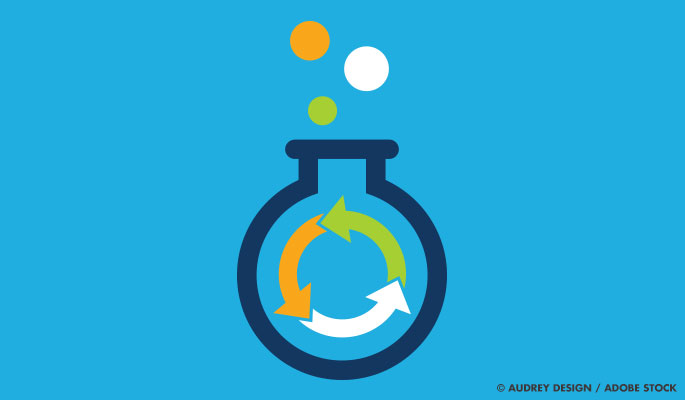
Will Chemical Recycling change the recycling industry?
One of the sad truths about plastic recycling is that only a certain percentage of plastic is suitable for the process, which involves shredding the plastic bottles and containers and then using the material to make new products. The rest of the plastic that many people diligently place in the recycle bins winds up in the landfills.
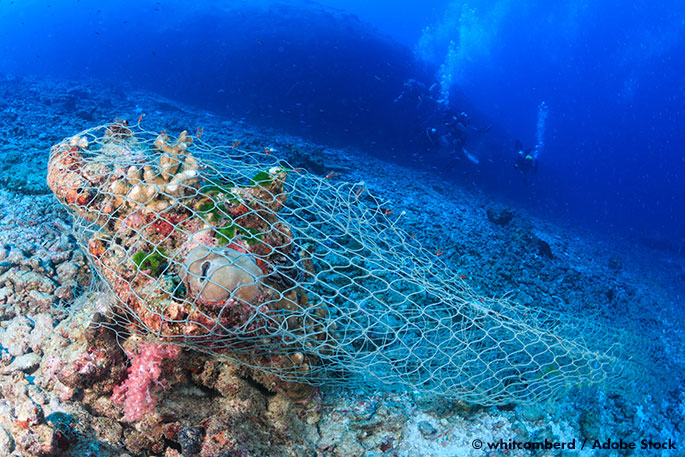
Recycling Developments in the Fishing Industry
Sick Seas If you were one of the millions of viewers that watched the second installment of the acclaimed Blue Planet series, you are painfully aware of its alarming message: the oceans are in need of some serious TLC. Climate change, fishing industry pollution, and overfishing are some of the challenges that face our oceans today.

Plastic Pollution: The Fashion Industry Steps Up
Individuals and businesses are fighting plastic pollution by developing products that can be made from recycled plastic, which would therefore not accumulate in landfills or clog the world's oceans. According to an article in the Guardian, the fashion industry is now creating designer clothing made from recycled plastic.
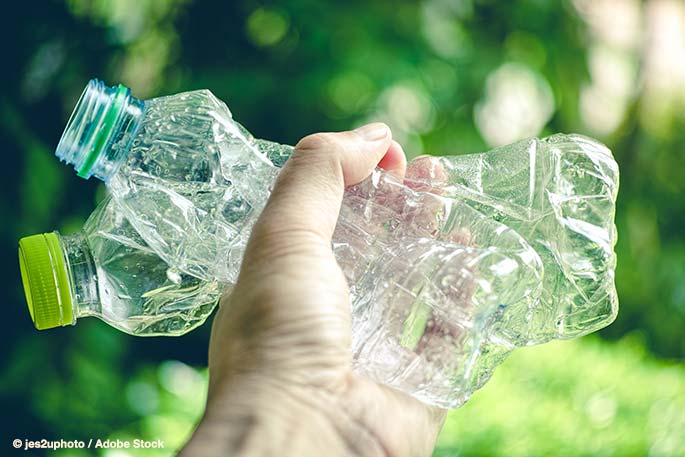
91% of Plastic Bottles Do Not Get Recycled and It’s Costing You Over $1,400 a Year
Many of us perceive bottled water to be of higher quality. Perhaps we believe that "we get what we pay for" when we buy into brand stories that claim to have the best-tasting and cleanest water that has ever been bottled.
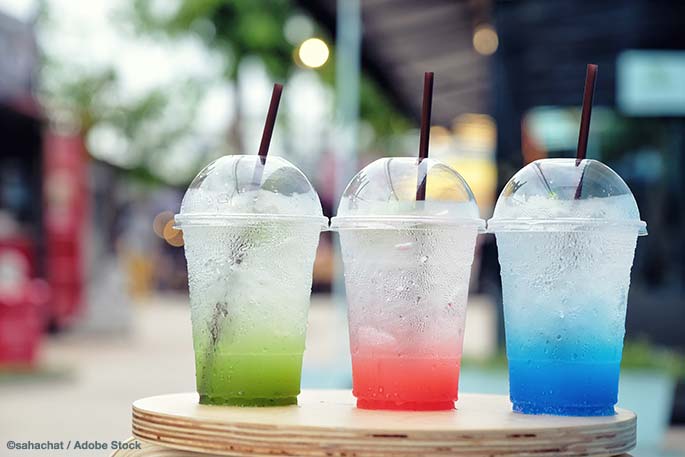
What Shall Straws be Made of Now?
With more and more businesses banning plastic straws, the search has started for what material should replace the substance that has helped to pollute the oceans. According to Business Insider South Africa, though, every proposed alternative material has some drawbacks.





















































